In 2005, The UN reported that there were some 30 million displaced people around the world. By the end of 2015 this figure had risen to over 65 million, and continues to increase with every minute that passes. If we do not do something to stop it, the humanitarian crisis that our world is facing will only continue to grow.
It’s 2016, we live in a globalised world – we surf the internet, watch TV and listen to the radio – we have constant access to photos and stories from every far flung corner of the world. It is not 1933 and we cannot plead ignorance to the atrocities which are happening daily, we know what is going on. Yet people still choose to turn a blind eye, and allow the situation to get worse.
We are surrounded by activists, advocates for animal and environmental rights – we argue over the dinner table about the implications of purchasing imported bananas and whether or not ‘free range’ is just a big scam. Yet when it comes to the rights of 65,000,000 people, who do not know where their next meal will come from, who have lost their home, their family, their security, and their identity, as a society we sit eerily silent.
So, why don’t we care? One needs only to turn to any media outlet to be bombarded with firsthand accounts of atrocities that most of us couldn’t even imagine. To see photos of grief stricken adults, children missing limbs and whole cities flattened, just because of where they sit on a map. Scroll down to the ‘comments’ section and be engulfed in ignorance and racism. ‘People should go back to where they came from’, ‘they don’t belong in our societies’ because they won’t ‘fit in’. This is our biggest barrier to living in a peaceful, unified world – why is it always a matter of us vs. them?
A failure to see refugees as people, as equals, is influencing and negatively impacting our response to the greatest humanitarian crisis of our generation and in doing so, our world. Rather than building a response that focuses on regaining some sort of semblance of a ‘normal’ life, we are turning people back, putting people in camps where they live in inhumane, unsafe conditions and segregating the most vulnerable people on our planet from society. Creating a world of hate and misplaced anger for our children.
Why do our worries about chickens and bananas not extend to fellow humans?
In the past 10 years, the number of displaced people in the world has almost doubled. For most of us, we are ‘not affected’ - but in another 10 years who’s to say we, or our children, won’t be? Our society is facing the biggest humanitarian crisis in history, and unless we come together to end the world’s suffering, soon enough it will no longer be an option to ignore it, and there may be no one willing to help us.
So what can be done? So much.
Talk, talk, talk. Ask the embarrassing questions, read what you can about conflict, talk to people who were/are refugees and begin to understand what people are fleeing.
If you’re already aware and passionate about making a difference to refugees aim to speak to one person you know who isn’t engaged a week, you never know what one conversation can influence.
Research and support organisations that are focusing on projects that focus on improving the quality of life for people fleeing war and persecution, provide stable housing, access to continued and quality healthcare, education and job prospects.
Share, like and post… using social media as a forum for social good has the power to change the conversation from “why should we” to “how do we”.
Because all lives are equal.
#weareone


